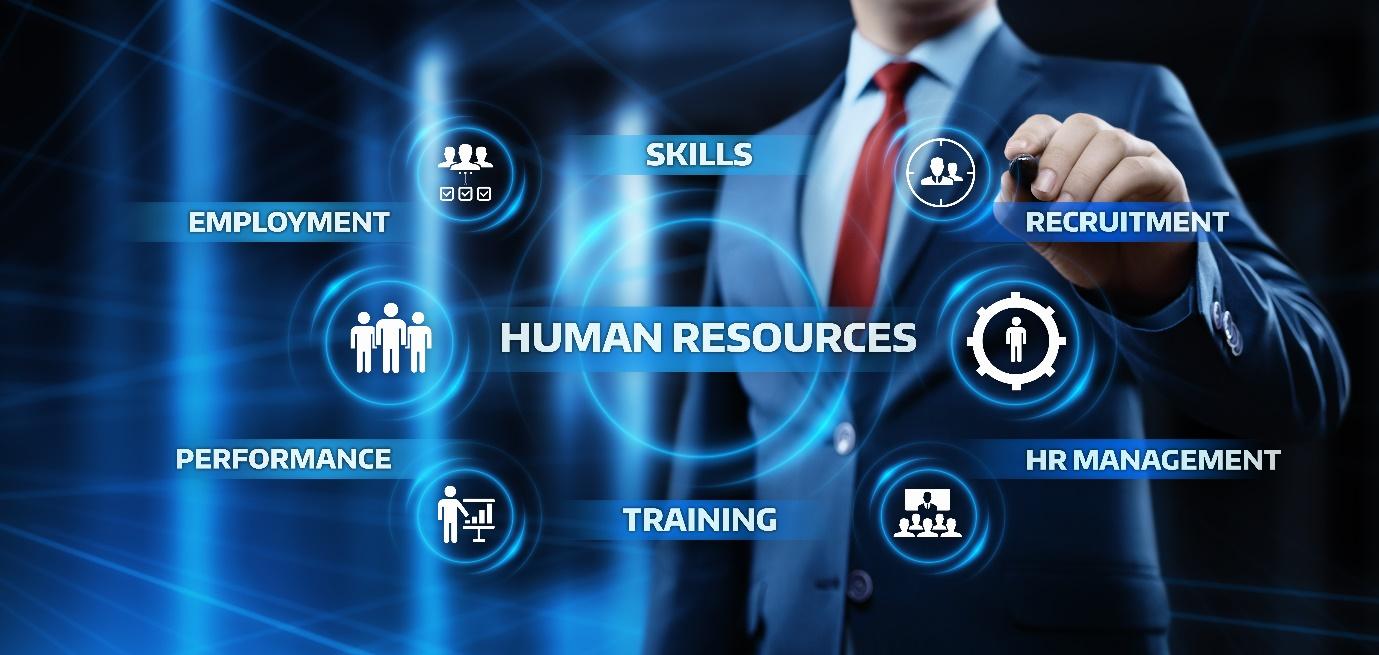Various business operations, particularly human resource management, require ERP software as an essential tool. As companies expand and grow, managing their workforce becomes increasingly complex due to the vast number of tasks involved.
Traditional HR methods like manual data entry and paper-based systems often lead to inefficiencies, causing miscommunication and errors that negatively affect business operations. By centralizing HR activities and automating tasks like payroll processing, recruitment, and performance tracking, ERP software streamlines complexities and boosts efficiency in workforce management.
All of these aspects lead toward informed decision-making across organizations, ultimately reducing administrative burdens and improving accuracy on a whole new level. So, read on to discover how an ERP software solution can transform and enhance HR management in modern businesses.
Improving Recruitment and Onboarding Procedures
By implementing comprehensive and dependable ERP software, crucial human resources tasks, such as recruitment and onboarding, are vastly enhanced. Traditional recruiting methods often lead to delays and inefficiencies due to outdated systems that complicate candidate application management.
However, with comprehensive ERP software, businesses can improve the process of tracking applicants and scheduling interviews, as well as real-time communication with potential hires, resulting in a better experience for both parties involved. Furthermore, new employees are able to receive access to crucial information such as company policies, training materials, and benefits enrollment through one platform. These efforts will further improve organization and efficiency during their integration process into the business structure.
Enhancing Payroll and Benefits Management
Handling payroll and employee benefits can be complicated and time-consuming. ERP software simplifies these tasks by automating calculations, ensuring precise payments, and maintaining up-to-date records.
ERP systems enable companies to track employee hours, accurately manage tax withholdings, and update benefit packages instantly, all while ensuring real-time compliance with labor laws and regulations. Such practices result in minimal errors that guarantee employees are paid on schedule and with accuracy.
Additionally, self-service portals in an ERP system reduce the need for HR involvement by giving employees direct access to manage and adjust their own compensation and benefits options. This results in businesses saving valuable time spent executing administrative duties (and thus reduces costs) while granting greater transparency and control over company-wide compensation, benefiting both employers and employees.
Improving the Management of Employee Performance
The crucial HR tasks of tracking employee performance, setting goals, and managing evaluations can be challenging to handle with traditional systems. However, ERP software plays a vital role in improving employee performance management by offering businesses the ability to set metrics for measuring progress while providing real-time feedback.
Performance reviews are more effective than ever before, as an ERP system enables precise identification of areas where employees need improvement. Furthermore, managers can make informed decisions about promotions or additional training opportunities. This is thanks to reports generated by ERPs that help them keep up-to-date on their company’s overall productivity levels.
Improving Employee Commitment and Retention
Effectively managing employee engagement and retention is of utmost importance for HR management. A high rate of staff turnover can result in significant costs, leading to decreased productivity and lowered company morale. Typically, the median turnover rate for all sectors globally is close to 20%.
Businesses can quickly overcome these challenges with ERP software by enhancing communication between the HR department and employees. By providing self-service portals, workers have access to their personal information; they may apply for leave or update records without needing direct contact with HR representatives, empowering them further while promoting autonomy.
Moreover, utilizing an ERP system enables tracking of worker satisfaction through surveys, as well as feedback tools that businesses use proactively, instead of waiting until issues escalate during exit interviews. This data-driven strategy enables businesses to tackle dissatisfaction early on before it develops into bigger problems, fostering a supportive and engaged workforce that boosts talent retention rates.
Pixabay
Final Thoughts
Modern businesses have experienced a revolutionary change in HR management with the implementation of ERP software. The integration of recruitment, payroll, performance management and compliance into one centralized platform has streamlined key processes, reduced administrative costs, and increased operational efficiency through automation.
Employee engagement improves as self-service portals empower them, boosting involvement while ensuring compliance with labor laws. All of these capacities allow for reducing errors whilst boosting real-time data for better decision-making. A strategic move towards adopting this system helps optimize workforce activity, which ensures competitiveness within evolving marketplaces over time. So, modern businesses should consider implementing ERP systems into their HR management process to succeed in today’s competitive market.

